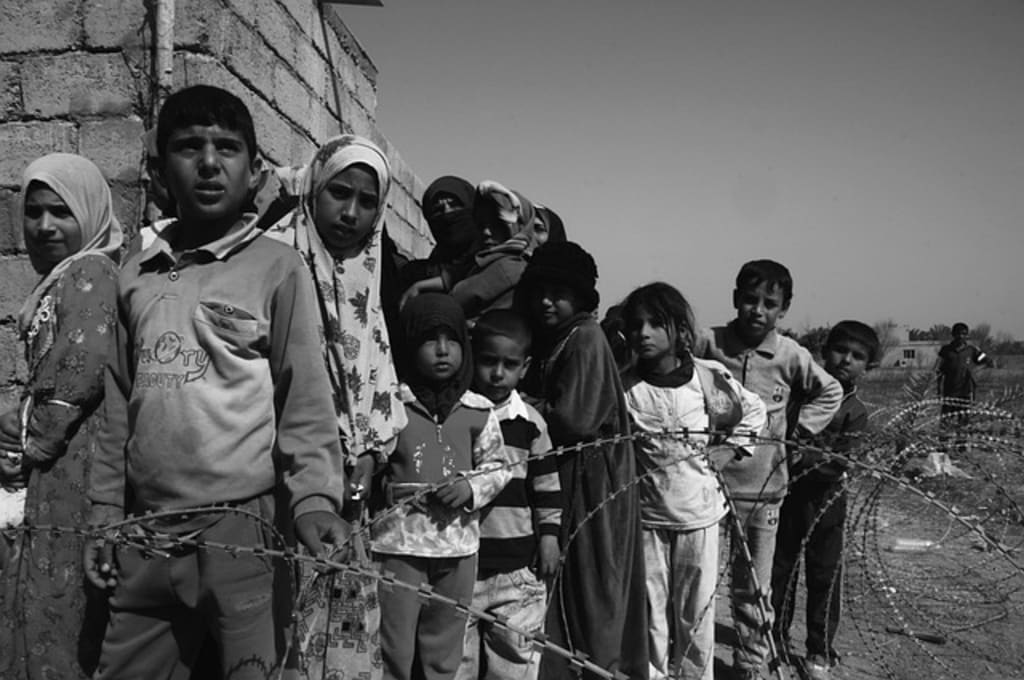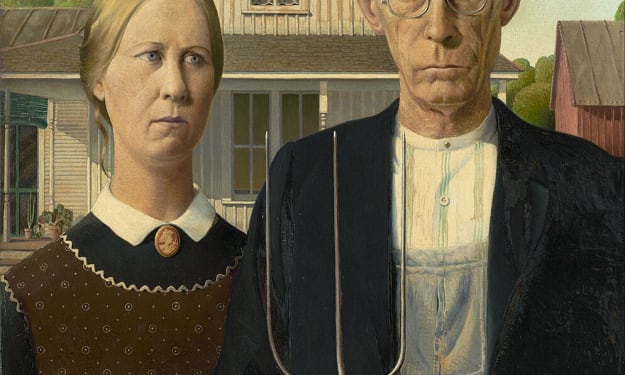
It was one of those late-night conversations that started as a casual hangout and evolved into something deeper. Matt, Sarah, and Kevin were sprawled out on Kevin’s living room floor, empty pizza boxes and soda cans scattered around them. The glow of the TV provided a soft background light as they talked about everything and nothing.
“So, you know how everyone’s always so divided these days?” Matt said, propping himself up on an elbow. “It’s like we’ve forgotten how to see each other as actual people.”
Sarah nodded. “Yeah, it’s like everyone’s stuck in their own little bubble, and if you don’t agree with them, you’re automatically the enemy.”
Kevin, who had been scrolling through his phone, looked up. “I was reading this article earlier about empathy and how important it is to understand other people’s perspectives. Maybe that’s what we need more of—like, humanizing humans.”
“Humanizing humans,” Matt repeated, liking the sound of it. “That’s deep, man. But how do we actually do that?”
Kevin shrugged. “I don’t know. Maybe it starts with small things. Actually listening to people, trying to understand where they’re coming from, even if we don’t agree.”
Sarah sat up, pulling her knees to her chest. “It’s easier said than done, though. Like, on social media, everyone’s just yelling at each other. It’s hard to have a real conversation.”
“True,” Matt said. “But what if we made an effort to have those real conversations in person? Like, actually talk to people and listen to their stories?”
Kevin smiled. “You mean, like, we’re doing right now?”
“Exactly,” Matt said. “We need more of this. Less shouting, more talking.”
The idea stuck with them, and over the next few weeks, they decided to put it into practice. They started with their own circles, making an effort to really connect with friends and family. They organized small get-togethers, inviting people from different backgrounds and with different viewpoints. The goal was simple: talk and listen.
One evening, they invited a group of friends over for a barbecue. The group included people they didn’t know very well, and a few who had very different opinions on things like politics and social issues. At first, it was awkward. People stuck to small talk, avoiding anything too controversial.
But as the night went on, something shifted. Sarah started a conversation about travel, asking everyone about their favorite places they’d visited and the experiences they’d had. Slowly, the barriers came down. People started sharing stories—funny, sad, inspiring stories that showed different sides of themselves.
Matt noticed how the atmosphere changed. Laughter filled the air, and people who seemed worlds apart found common ground in shared experiences. He realized that when you get to know someone’s story, it’s hard to see them as just a label or an opposing viewpoint.
One of the guests, a guy named Mark who Matt knew from work, shared a particularly moving story about his grandmother, who had immigrated to the country with nothing and built a life from scratch. “She always taught me that everyone has a story worth listening to,” Mark said. “I guess we just need to take the time to listen.”
By the end of the night, the group felt more connected than ever. They realized that despite their differences, they had more in common than they thought. It wasn’t about agreeing on everything but about respecting and understanding each other as human beings.
Kevin, leaning back in his chair with a satisfied smile, said, “This is what it’s all about. Humanizing humans. We need more of this.”
Sarah raised her glass. “To more conversations, more understanding, and more empathy.”
“To humanizing humans,” Matt echoed, clinking his glass with theirs.
From then on, they made it a regular thing—inviting different people, encouraging open conversations, and fostering an environment where everyone felt heard and valued. It wasn’t always easy, and sometimes they faced tough discussions, but the effort was worth it.
They saw the ripple effect in their own lives, at work, and in their communities. Slowly but surely, they were making a difference, one conversation at a time. It wasn’t about changing minds but about opening hearts.
In a world that seemed increasingly divided, they found hope in the simple act of humanizing humans. And it all started with a late-night conversation among friends, a few empty pizza boxes, and the belief that empathy could bridge even the widest gaps.
About the Creator
Enjoyed the story? Support the Creator.
Subscribe for free to receive all their stories in your feed. You could also pledge your support or give them a one-off tip, letting them know you appreciate their work.






Comments
There are no comments for this story
Be the first to respond and start the conversation.